Understanding the Ripple Effects: Secondary Trauma in Families of First Responders
The Unseen Impact Beyond the Front Lines
The world of first responders often centers on their challenging roles and mental health. However, an equally important but less discussed aspect is the impact of secondary trauma on their families. Secondary trauma, or vicarious trauma, occurs when individuals are indirectly exposed to traumatic events, typically through their connections with someone who has experienced trauma directly. This is a common occurrence in families of first responders, including police officers, firefighters, and EMTs, leading to significant emotional and psychological effects.
The Hidden Emotional Toll
First responders, skilled in managing their professional demeanor, might inadvertently bring the emotional weight of their experiences into their home lives. This can result in their family members, from partners to children, absorbing these stresses. The consequences of this secondary exposure can include anxiety, depression, and symptoms that resemble PTSD.
Recognizing the Signs
It's vital to understand and recognize the signs of secondary trauma:
Increased anxiety or concern, particularly regarding the safety of the first responder.
Behavioral changes, such as becoming withdrawn or showing heightened emotional responses.
Physical symptoms like tiredness, sleep issues, or appetite changes.
Feelings of helplessness or uncertainty about how to be supportive.
Building a Supportive Environment
Here are some ways to create a supportive atmosphere:
Open Communication: Foster a space for open dialogue about feelings and experiences, while respecting boundaries around sharing traumatic details.
Professional Support: Consider counseling or therapy from professionals who specialize in issues faced by first responders and their families.
Community Connection: Connect with groups where families of first responders can share and learn coping strategies.
Self-Care: Prioritize self-care for family members, including regular physical activity, healthy eating habits, and relaxation time.
The impact of a first responder's duties on their family is significant and warrants attention. Recognizing and addressing the issue of secondary trauma is crucial in building a more supportive and resilient community for both first responders and their families.
